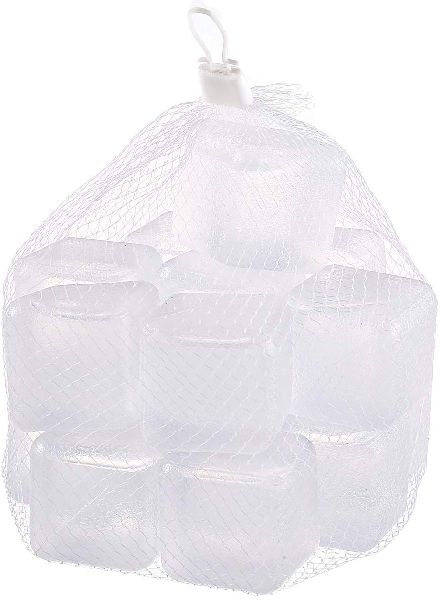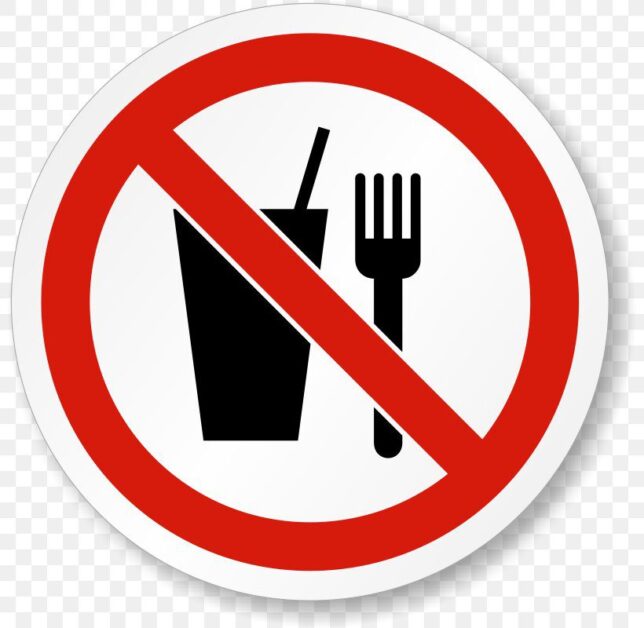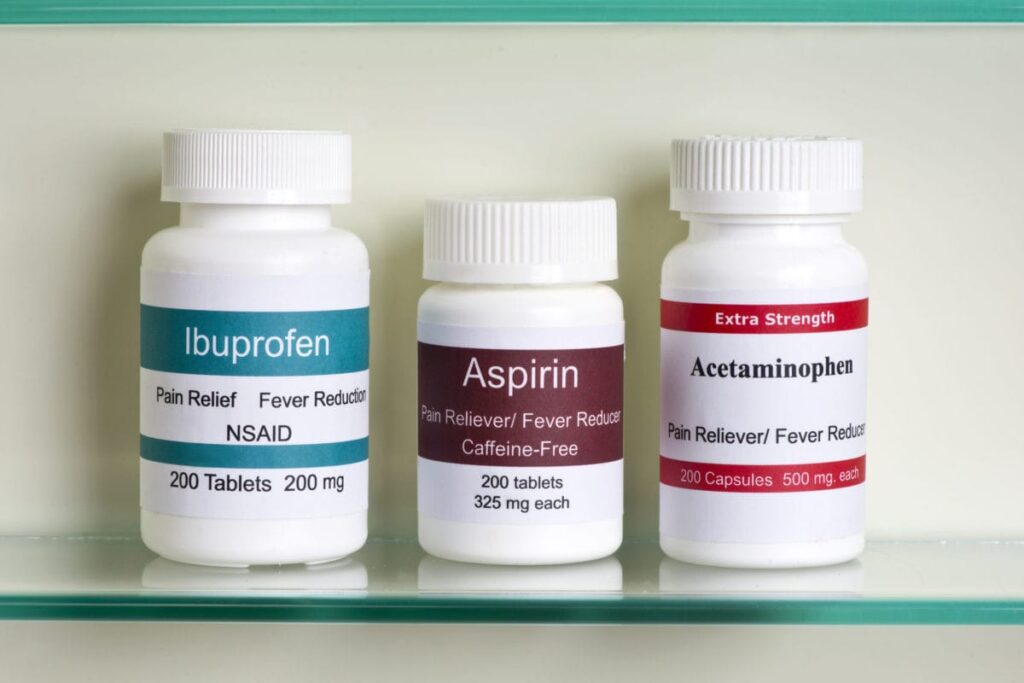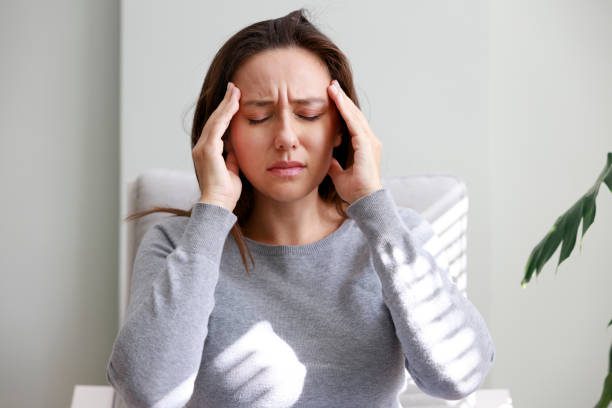⚠️ Medical Disclaimer
Important: This content is for informational and educational purposes only. It should not be used as a substitute for professional medical advice, diagnosis, or treatment. Always consult with a qualified healthcare provider before making changes to your diet, taking supplements, or if you have questions about a medical condition. Never disregard professional medical advice or delay seeking it because of information you read here.
Last Updated on January 12, 2024 by Grace Oluchi
Headaches are a common affliction that can strike at any time, often without warning. They are a source of discomfort, pain, and frustration for millions of people around the world. Whether caused by stress, tension, or a medical condition, headaches can be a debilitating experience that can interfere with daily life.
While headaches can be a nuisance, they can also be a warning sign of a more serious underlying health issue. They can be a symptom of high blood pressure, anxiety, or even a brain tumor. In some cases, they can be an early warning sign of a stroke.
Despite their prevalence, headaches are often misunderstood and underestimated. Many people simply pop a painkiller and go about their day, without addressing the root cause of the problem. However, by understanding the causes and triggers of headaches, people can take steps to prevent them from occurring in the first place.
In this article, we will explore the different types, their causes and symptoms, and effective treatments and preventative measures. Whether you experience occasional headaches or suffer from chronic migraines, this guide will provide valuable information and insights to help you manage your symptoms and improve your overall quality of life. So, read on to discover how to take control of your headaches and achieve lasting relief.
Headaches.
Headaches are a very common ailment and can be described as pain in the head or upper neck and can be felt in specific areas of the head, face or base of the skull. It is estimated that 45 million people in the United States suffer from recurrent headaches annually.


A physician can diagnose primary ones such as migraines by having their patients describe their symptoms to the physician and the better news is that there are various, straightforward ways to ease the pain without a trip to the doctor.
Types of Headaches.


There are more than 150 types of it and they are divided into two major categories which are:
- Primary and
- Secondary ones.
1: Primary Headaches:
These are the ones which we get normally in our day-to-day life and do not indicate any underlined disease. They include;
- New daily persistent headaches (NDPH).
- Migraines.
- Cluster Headaches.
- Tension Headaches.
- Stress Headaches.
2: Secondary Headaches:
These are ones caused by underlined disease and are actually symptoms of the Dandelion disease. They include:
- Dehydration Headaches.
- Sinus Headaches.
- Medication overuse Headaches.
Who do Headaches Affect?
Anyone, including children, adolescents and adults can have headaches. An estimate of 96% of people experience a headache at least once in their life. About 40% of people across the globe have tension-type and about 10% people have the migraine ones.
What is the main cause of a headache?
Headaches sum up from signals interacting amidst your brain, blood vessels and surrounding nerves. During a headache, multiple mechanisms trigger certain nerves that affect muscles and blood vessels. These nerves send pain signals to your brain, causing a headache.
Are headaches hereditary?
Headaches, especially migraines are prone to run in families.


Children who have migraines usually have at least one biological parent who experiences them. As a matter of fact, children whose parents have migraines are up to four times more likely to recurrently have them.
How is a headache treated?
Treatment for it depends on the type of headache.
The most crucial aspect of treating primary headaches is figuring out your triggers. Learning what those triggers are can reduce the number of headaches you have.


Once you know your triggers, your healthcare provider can prescribe treatment to you. For example, you may get them when you’re tense or worried. Counseling and stress management techniques can help you handle this trigger better.
Not every headache requires medication and a range of treatments are available. Depending on your headache type, frequency and cause. Some MEDICATION options include;
Medications.


A variety of medications are available to reduce the pain of a headache, including:
- Pain relievers.
- Combination medications.
- Triptans and narcotics.
- Pain relievers: Simple pain relievers available without a prescription are usually the immediate treatment for reducing headache pain. These include the drugs aspirin, naproxen (Aleve) and ibuprofen (Advil, Motrin).
- Combination medications: Aspirin or acetaminophen are often combined with caffeine or a sedative drug in a single medication. Combination drugs may be more effective than single-ingredient pain relievers. Many combination drugs are available without a prescription.
- Triptans and narcotics: For frequent or severe ones , your provider may recommend triptans and other types of drugs that can stop a migraine attack. You also take them at the first signs of a prospective headache. Opioids, or narcotics, are rarely used because of their side effects and potential for dependency.
8 Tips to get rid of headaches at home.


Try these tips below to get rid of headaches at home fast instead.
- Try a pack of ice.
- Use a heating pad or warm towel.
- Dim the lights.
- Avoid chewing.
- Stay hydrated.
- Practice relaxation.
- Try massage.
- Use pain killers.
1: Try a pack of ice:


Place a cold pack on your forehead. Ice cubes wrapped in a plastic wrap, a bag of frozen veggies or even a cold shower can also ease the pain. Massage your head for 15 minutes, and then take a break for 15 minutes.
2: Use a Heating Pad or warm towel:


Place a heating pad on your neck, also, the back of your head a sub-method is to hold a warm towel to the area that hurts. A warm shower might also do the trick as well.
3: Dim the Lights:


Bright light, even from your computer or phone screen, can cause headaches. Cover your windows with curtains during the day, wearing sunglasses outdoors and the use of anti-glare screens for your computer and use daylight-spectrum fluorescent bulbs in your light fixtures can fix this.
4: Avoid chewing:


Chewing gum, fingernails, lips, crunchy and sticky foods can hurt not just your jaw but your head as well. If you must eat, make sure you take small bites. This may curb your early-morning headaches.
5: Stay Hydrated:


Drink plenty of water. Dehydration can also cause a headache or make one worse.
6: Practice Relaxation:


Whether it’s stretches, yoga, sleep or meditation, knowing how to keep calm when you’re having a headache can help with the pain. You might also want to talk to your doctor if you have muscle spasms in your neck.
7: Try massage:


A few minutes of rotating pressure to the affected area, massaging your forehead, neck, and temples can help ease a headache, which may also result from stress.
8: Use pain killers:


Pharmacy shelves are also stocked with pain relievers for all kinds of headaches. To get the most benefit with the least risk, ask for prescription from the pharmacist.
The Key Takeaway.
If your headaches aren’t too severe or frequent, home remedies and OTC medicines may help get you through them. Take painkillers as soon as you start to hurt. You’ll probably beat it with a smaller dose than if you wait.
If you get sick to your stomach when you get a headache, consult your doctor.
What are the common causes of headaches?
Headaches can be caused by a variety of factors, including stress, tension, dehydration, lack of sleep, eye strain, allergies, sinus infections, and migraines. In some cases, they can also be a symptom of a more serious condition, such as a brain tumor or stroke.
How can I prevent headaches?
There are several things you can do to prevent headaches, such as getting enough sleep, staying hydrated, avoiding triggers like caffeine and alcohol, practicing relaxation techniques like yoga or meditation, and maintaining good posture when sitting or standing for long periods of time.
What are the different types of headaches?
There are several types of headaches, including tension ones, migraines, cluster ones, sinus ones, and rebound ones. Each type has its own set of symptoms and treatments.
When should I see a doctor for my headaches?
You should see a doctor for your headaches if they are severe or frequent, if they are accompanied by other symptoms like fever or neck stiffness, if they are triggered by physical activity or coughing, or if they are interfering with your daily activities.
How are headaches treated?
The treatment for it depends on the type and severity of the headache. Over-the-counter pain relievers like ibuprofen or acetaminophen can help relieve mild to moderate headaches, while prescription medications like triptans or opioids may be necessary for more severe headaches. Lifestyle changes like getting more sleep, reducing stress, and avoiding triggers can also be effective in preventing it. In some cases, alternative therapies like acupuncture or chiropractic care may also be helpful.

